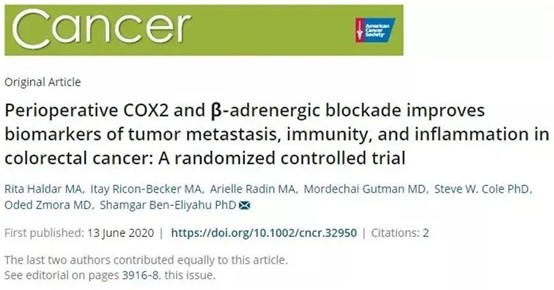Can Tumors Be Triggered by Emotional Stress?
Let’s set the record straight: getting angry won’t instantly cause you to develop a tumor. The formation and progression of tumors is a complex process involving a combination of factors. However, while anger or negative emotions may not directly cause cancer, clinical evidence does suggest that these emotional states can be harmful and contribute to adverse outcomes for patients.
This reminds us of a popular saying in China: “Suppressing your anger may lead to breast hyperplasia; letting things slide could mean uterine fibroids; biting your tongue might bring on thyroid nodules; and holding back tears may result in ovarian cysts!”

(Image source: Internet)
Does Getting Angry Mean Getting Sick?
Whether it’s a sudden outburst of rage or prolonged emotional suppression, anger is harmful to your health. Ancient Chinese medical text The Yellow Emperor’s Inner Classic states:
“Anger harms the liver, joy harms the heart, sorrow harms the lungs, worry harms the spleen, fear harms the kidneys. All diseases stem from emotional imbalance.”
Traditional Chinese Medicine believes that disruptions in the flow of “Qi” (vital energy), blockages in blood and meridians, and imbalances in organ function are root causes of illness.
When emotions run high, your body “joins the chaos”:
When you’re angry: your heart races and blood pressure skyrockets—like turning into a steam engine;
When you're stressed: stomachaches and indigestion follow, and food loses its appeal;
When you're anxious: insomnia, hair loss, and breakouts appear—like your body is heading for collapse.
This is because prolonged stress, anxiety, or depression can disrupt the endocrine and immune systems and increase the risk of chronic diseases. Simply put, negative emotions act like a “slow poison” that gradually wears your body down.
Studies show that the risk of stroke triples within two hours of intense anger, while the risk of heart attack and acute coronary syndrome increases fourfold. Even just eight minutes of anger can damage blood vessels for up to 40 minutes afterward. Those who are chronically sad or depressed are 30% more likely to develop lung diseases.
Moreover, bottling up anger can also disrupt endocrine function, alter cortisol secretion patterns, weaken immunity, and impact the secretion of sex hormones, potentially leading to issues like irregular menstruation. In short, it’s better not to let anger take over.
It’s also worth noting that irritability is a potential risk factor for thyroid nodules. Negative emotions such as anger and stress are considered risk factors for breast nodules. According to research, women with negative emotional states have a 59% higher risk of developing breast cancer compared to those with little or no such emotional burden. As of now, there is no conclusive evidence linking emotional stress directly to the formation of lung nodules.
How to Use Positive Emotions to Support Healing
Since negative emotions can harm the body, it’s only natural that positive emotions can help it heal! To live a healthier life, try starting with these habits:
✍ Smile more often – Studies show that laughter reduces stress hormones and boosts immunity.
✍ Get enough sleep – Staying up late magnifies bad emotions and throws off hormonal balance. Sleeping early is more effective than any health tonic!
✍ Learn to let go – Sometimes, getting angry just isn’t worth it. In the end, it’s yourself you’re hurting.
✍ Exercise: nature’s antidepressant – Physical activity prompts the brain to release endorphins (“happy chemicals”), helping to relieve anxiety and strengthen immunity. So, when stress hits, go for a run or dance it out—it’s much better than overthinking in bed!
✍ Find things you love – There’s always something joyful in life: petting a cat, enjoying good food, listening to music, binge-watching a drama... anything that helps you relax is like nourishment for the body.